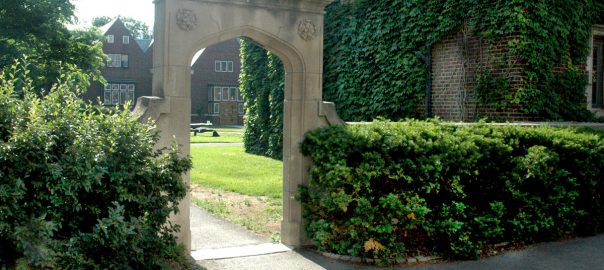The seventh annual conference of the Society for the Study of the History of Analytical Philosophy will be held at McMaster University in Hamilton, Ontario, 19-21 June 2018. It is locally organised by Sandra Lapointe with the assistance of Sean Dudley and sponsored by the Philosophy Department at McMaster University.
Invited Speakers:
This year’s meeting is being held in conjunction with the Bertrand Russell Society whose conference (22-24 June 2018) convenes immediately after the SSHAP meeting. The organizers hope that SSHAP conferees will also want to attend the BRS meeting and vice versa. There are many areas of shared interest and possibilities for fruitful exchange. Information about the BRS meeting and its call for papers can be found here.
We do ask that those who wish to submit papers for both meetings not submit the very same paper.
SSHAP – Call for Abstracts or Papers
The Society for Study of the History of Analytical Philosophy is an international organization aimed at promoting discussion in all areas of scholarship concerning the development of philosophical logic, philosophy of language, the philosophy of mind, metaphysics, ethics and metaethics, the philosophy of science, and epistemology. It welcomes scholars interested in the many ways in which the disciplines were influenced by thinkers such as Bolzano, Brentano and his school, Husserl, Frege, Russell, the Vienna Circle, Wittgenstein, Tarski, Quine and the Polish school, for instance, but also seeks to promote work engaging with lesser know figures and trends.
SSHAP invites submissions for its 2018 annual conference. Paper submissions in all areas of the history of analytic philosophy are welcome.
SUBMISSION DEADLINE: January 15, 2018.
In the past, some of the papers presented at the annual the conference were published in the Journal for the History of Analytical Philosophy. (www.jhaponline.org)
Submission Instructions
Authors are requested to submit their long abstract electronically according to the following guidelines:
- Long abstracts (500-1000 words) or full papers (up to 4000 words) should be prepared for blind refereeing,
- put into PDF file format, and
- sent as an email attachment to the address given below.
- The subject line of the submission email should include the key-phrase “SSHAP submission”, and
- the body text of the email message should constitute a cover page for the submission by including i) return email address, ii) author’s name, iii) affiliation, iv) paper title, and v) short abstract (50-100 words) and vi) academic rank.
Time allowed for presentation is 60 minutes (including discussion).
Electronic submissions and queries should be sent to: sshap@mcmaster.ca
For more information, please visit our website: www.sshap.org
